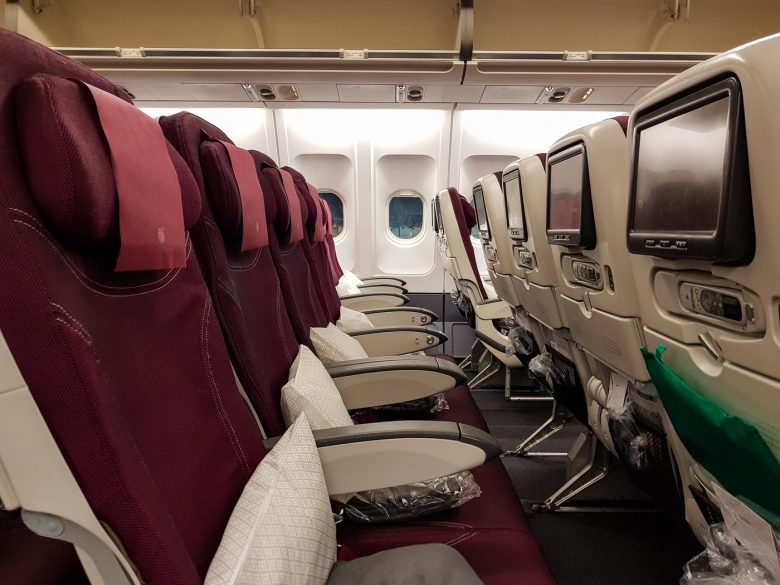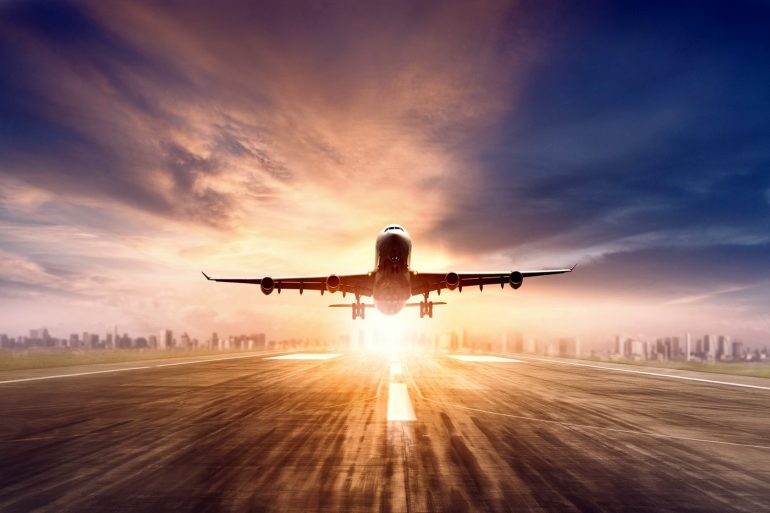Whether you’re flying for business or pleasure, in the country or abroad, you’re going to be bombarded with offers, deals and price fluctuations on a day-to-day basis.
Despite all the chaos and conflicting information, there are some tried and true — and very modern — ways you can cut costs and lock in the best rates for your airfare.
12 tips to save money on air travel
Regardless of which airline you choose to fly, there’s no reason to pay more than you have to. Here are 12 tips from Consumer Reports that can help you get the rock bottom rate before take-off.
1. Check fares early.
Most airline and travel sites make it convenient to set up alerts to track fares. Take advantage of the alerts and start searching for flights three and a half months prior to booking domestic flights, and five and a half months before booking international flights. That’s when the market begins to sort itself out and lower fares begin to appear.
2. Use social networks.
Many airlines tweet deals. Two examples are FlyFrontier and @JetBlueCheeps, where you can sometimes find super-cheap fares — but seats are limited. (Other airlines who sometimes post deals: Virgin Atlantic & Southwest Airlines.)
3. Work the web.
More than 70 percent of respondents booked their own flights directly on an airline’s website. A smaller number, 55 percent, compared fares on other websites. For the best possible deals, you should cast that wider net.
Start with websites that allow you to compare the deals from multiple airlines, such as Airfarewatchdog and Kayak. Also try travel agency sites, such as CheapTickets, Expedia, and Travelocity. If you’re a bit more adventurous, Hotwire and Priceline.com — where you don’t know which airline you’re flying until after you book — offer more options.
4. Sign up for promo codes.
If you’re a member of an airline’s frequent-flyer program, you can often sign up for special promotion codes, which can provide discounts from 10 to 50 percent.
Promo alerts can be sent to you via e-mail, RSS feeds, Twitter, Facebook, and various other channels. But the deals expire quickly, so you’ll have to act fast.
The trade-offs? Your email inbox can get flooded with offers that don’t interest you — and sometimes a super-hot deal promo will go straight to your spam folder.
5. Compare prices.
Airline and third-party sites often list identical prices, but have different electronic reservation systems, which add and remove fares at different times. One system can often trail another by up to five hours.
Be sure to check the airline’s own site, which can be cheaper because they don’t need to pay commission.

6. Book early or late.
You don’t need to book more than 90 days in advance, and booking about 21 days before your trip will usually get you a good fare. Price-comparison sites often let you sign up for alerts that will tell you when prices drop.
Many sales are posted late Monday or early Tuesday, making it a good time to shop, but bargains can appear at any time.
7. Don’t delay too much.
If you delay booking your flight within seven to fourteen days of travel, chances are you will pay a premium. Airlines would rather leave a seat empty than sell tickets a steep discounted rate.
8. Be wary of when you buy.
The greatest number of cheap seats are available on Tuesdays at 3:00 pm, while most sales begin on Monday at 8:00 pm and end on Thursday at 8:00 pm. Be mindful of booking weekend flights because those are popular with both business travelers and vacationers.
9. Be flexible.
Shifting dates by a day or two often allows you to nab a much lower price. Tuesday, Wednesday, and Saturday are generally the cheapest days to fly.
If you’re traveling with a group, consider splitting up your party. If you have four in your group and there are only two cheap seats available, online reservation systems will give everyone higher-price seats. Instead, check the price for one, two, and three seats on the plane, as well as for all four before booking.
10. Consider a connecting flight.
Connecting flights can be substantially cheaper than flights that are non-stop, especially for international travel. Be sure to factor in the layover time required, both to make sure you’ll have time to get to your next gate, and also so you’re not wasting hours and hours at the airport.
11. Look beyond discount airlines.
Discount airlines aren’t always the cheapest. Most of the time, airlines cannot afford to be more expensive than their competitors for comparable flights at comparable times.
12. Watch out for fees.
Extra costs for doing everything from using almost any form of payment, checking in for your flight by talking to a human at the airport, bringing more than one carry-on bag and other hidden charges can add up quickly. Find out more about airline fees below.
More airline fees = less satisfaction
A Consumer Reports reporter found a roundtrip ticket from Philadelphia to Venice on Alitalia for $247 — which seemed like a steal. Then, just before booking, it was discovered that taxes ballooned the price to $767. Hidden fees, fine print, and blackout dates can make locking in a low price as tricky as a soft landing in turbulence.
The proliferation of added fees at — or after check-in by many carriers — further contributes to passengers’ low opinion of today’s flying experience, and even to their decision of whether to fly at all.
Forty percent of the survey respondents from 2011 who said they’re flying less gave increased fees as the major reason — far more than those who blamed flight delays, poor service, or any other annoyance.
“What we found is that paying fewer additional fees generally translates into a passenger having higher overall satisfaction with an airline,” said Mark Kotkin, a director of survey research at Consumer Reports.
As with overall satisfaction, airlines differ widely in how likely they are to saddle travelers with extra fees. For example, 93 percent of the Southwest passengers surveyed had avoided all of the fees CR asked about. Far fewer travelers were as lucky with their experiences with several other major carriers.








